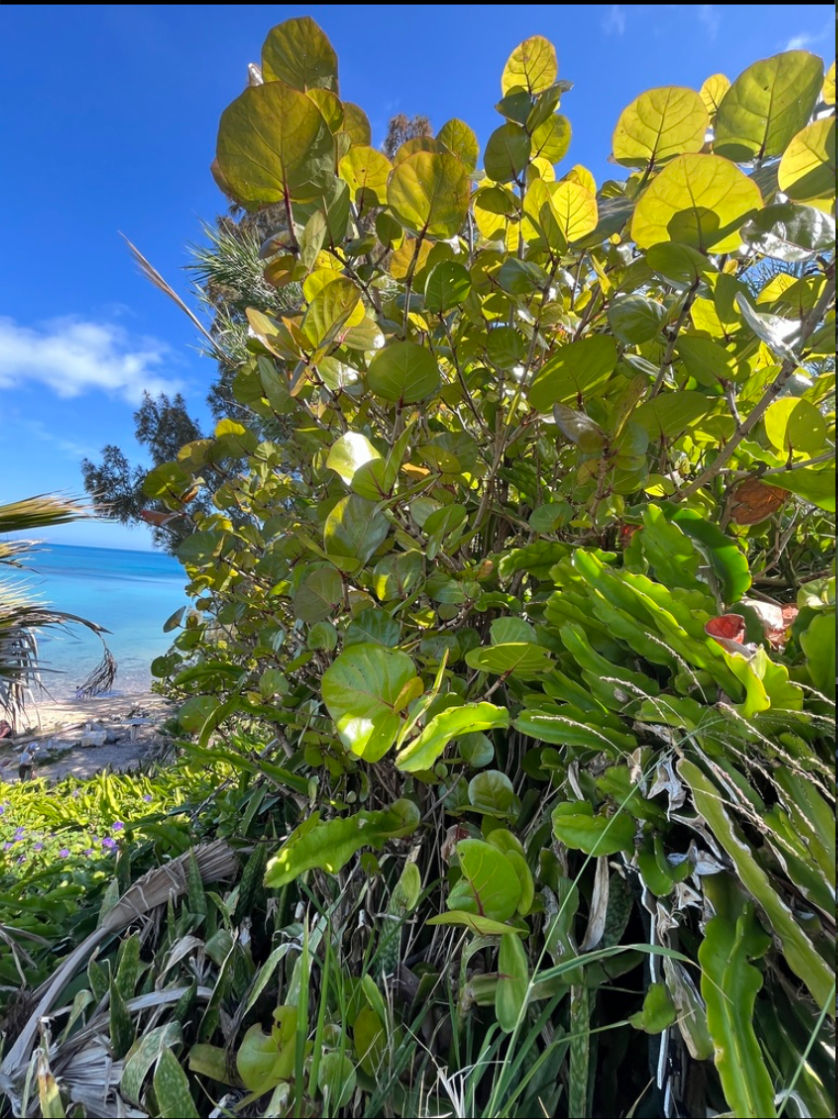Sawtooth Blackberry, Rubus argutus
Status in Florida: Native
Native Habitat: Thickets, woodland edges, disturbed areas, roadsides, fencerows
Native State, Country: Eastern and central United States
Growing Zones: 5 - 9
Size at Maturity: 3-6 feet tall, spreading to form thickets
Phenology: Deciduous
Life Cycle: Perennial
Growth Rate: Fast
Growth Habit: Sprawling, thicket-forming, arching canes
Bloom Season: Spring
Sunlight Requirements: Full sun to part shade
Soil Texture: Adaptable, prefers well-drained soils
Soil pH: Slightly acidic to neutral
Moisture Requirements: Average to moist
Tolerance to Salt Spray: Low/None
Keystone Plant: No, but provides valuable habitat
Recommended Landscape Uses: Wildlife gardens, naturalized areas, fruit production (with management), erosion control.
Maintenance Tips: Can spread aggressively by suckers, so pruning and management may be needed. Trellising or other support can be helpful.
Considerations: Thorny canes can be a nuisance. Provides food and cover for wildlife.
Hurricane Wind Resistant: No
Erosion Control: Yes, due to its spreading habit.
Nitrogen Fixing: No
Edible: Yes! Produces delicious blackberries.
Pet Safe: Yes
Deer and Rabbit Resistance: No
Historical Medicinal Uses: Roots and leaves used in traditional medicine for various ailments.
Florida Native Companion Plant: Vaccinium arboreum (Sparkleberry), Prunus americana (American Plum)
Wildlife Benefit: Provides food (berries) and cover for birds and small mammals.
Caterpillar Host Plant: Yes, for several species including the Red-spotted Purple butterfly.
Propagation: Cuttings, suckers, layering, seed
Length of time Seed is Viable: 1-2 years
Best month to Start Seeds: Spring
Seed treatments: Cold stratification can improve germination
top of page
Amelia's Native Wildflowers, LLC | Nassau County's Native Plant Nursery
Free Shipping on orders over $85 | COUPON CODE: WREATHS |
PriceFrom $10.00
Sales Tax Included |
Customers Also View
Your content has been submitted
Your content has been submitted
Your content has been submitted
Your content has been submitted
bottom of page































